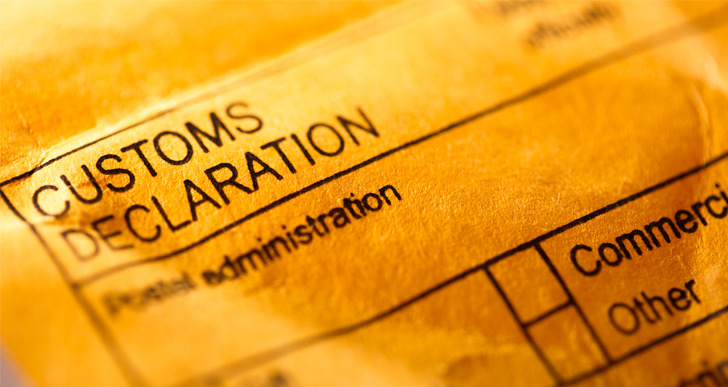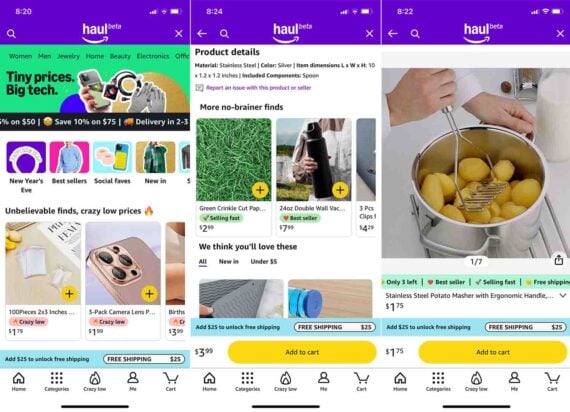
Cross-border ecommerce in Europe is expected to increase with an average annual rate of 29 percent, up until 2031. With the rise in cross-border ecommerce, the demand for a smooth customs flow also increases. As customs in Europe become more data-driven, online retailers need to invest in structured data.
Last year, the online European cross-border market generated 275.6 billion euros in sales. This accounted for around 36 percent of all European online retail. The increase in cross-border turnover also means an increase in parcels passing through customs.
Changes to European customs
The European Union is currently considering updating its customs system. On 13 November, member states endorsed an early end to the 150-euro exemption for low value goods. The plan also includes new pre-shipment data obligations once the EU Data Hub is in place, along with a possible 2 euro handling fee per parcel.
‘The risks of poor data are immediate’
These upcoming administrative changes indicate that customs will become more data-driven. “The risks of poor data are immediate. Parcels can be held at terminals, causing storage costs. Express shipments flagged for inspection miss their delivery windows. Inconsistent data can damage a retailer’s reputation if customers associate the brand with unreliable shipping”, says a spokesperson of CB Customs Broker, which offers tailormade digital customs solutions. After all, data indicates that consumers prioritize fast delivery over cheaper delivery.
‘Small online sellers are held to the same compliance standards’
“These issues are not limited to global platforms. Even small online sellers shipping a few dozen parcels a day are held to the same compliance standards.” According to the specialist, online sellers can benefit from software that is connected to customs authorities. “This ensures that millions of parcels flow without interruptions while meeting all legal requirements.”
Software automations
CB Customs Broker has recently opened a new hub near Schiphol Airport, in the Netherlands. The German company already had another hub in Frankfurt. It clears more than 3 million parcels per month, and has processed over 80 million shipments since 2023. The company already has plans to expand further in Europe.
CB Customs Broker has recently opened a new hub in the Netherlands
Recently, CB Customs Broker integrated with the Dutch DECO system, which is the customs filing system in the Netherlands. Additionally, the company’s own software is licensed by German customs. By doing so, the company can automate clearance at parcel level. Data from online retailers is pre-checked and transmitted directly to IOSS and ICS2, allowing pre-clearance before goods land in the European Union. “The EU debate may not be settled, but the direction is unmistakable. Companies that prepare today with structured data and modern clearance solutions will be ready to deliver on customer expectations tomorrow. For retailers and carriers alike, the message is clear: make customs part of your strategy, not a last-minute obstacle.”





